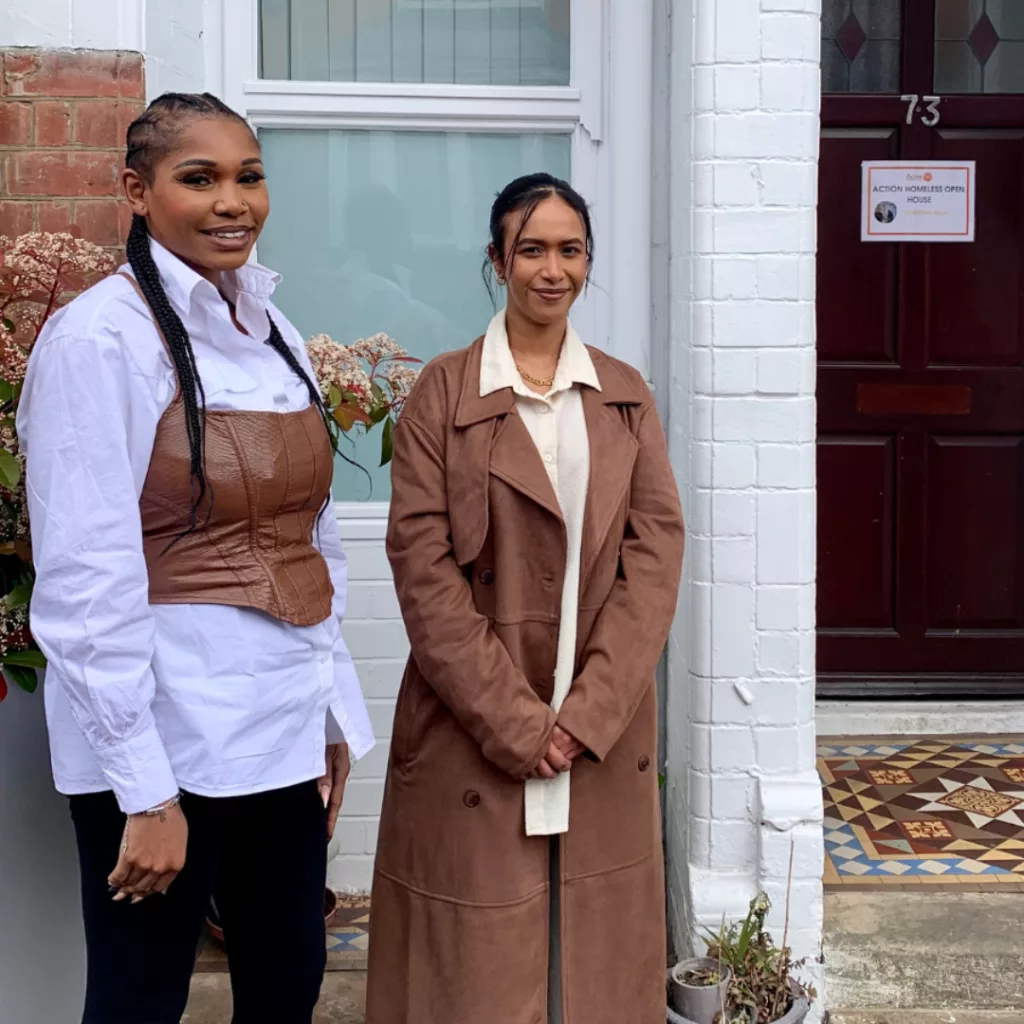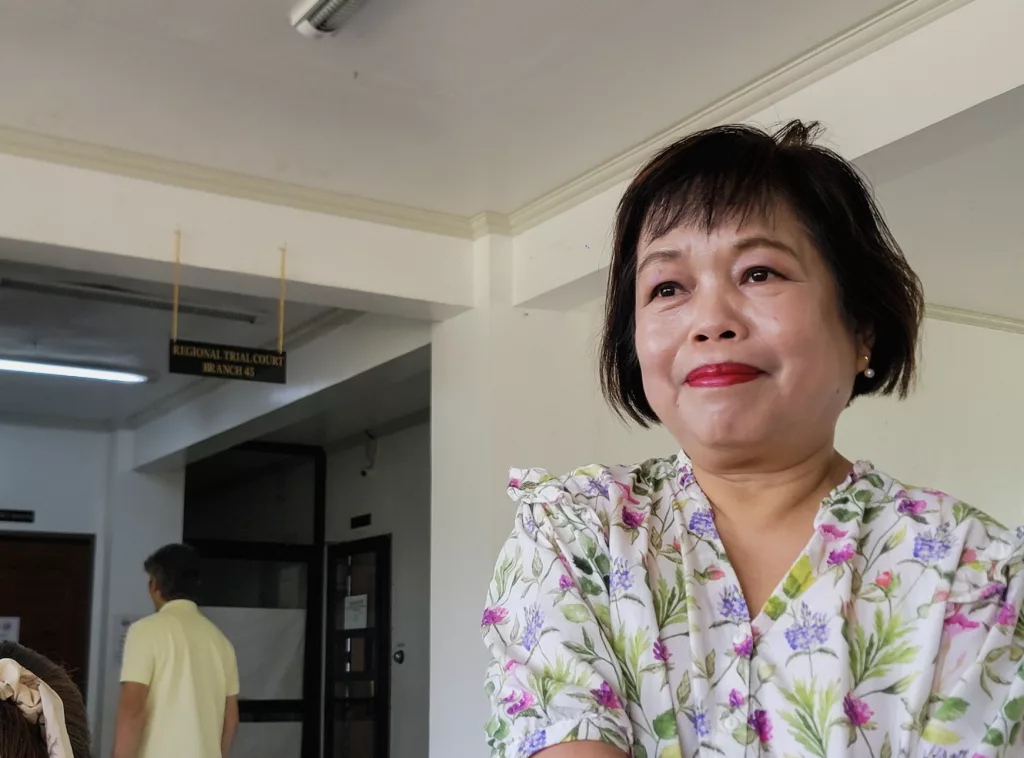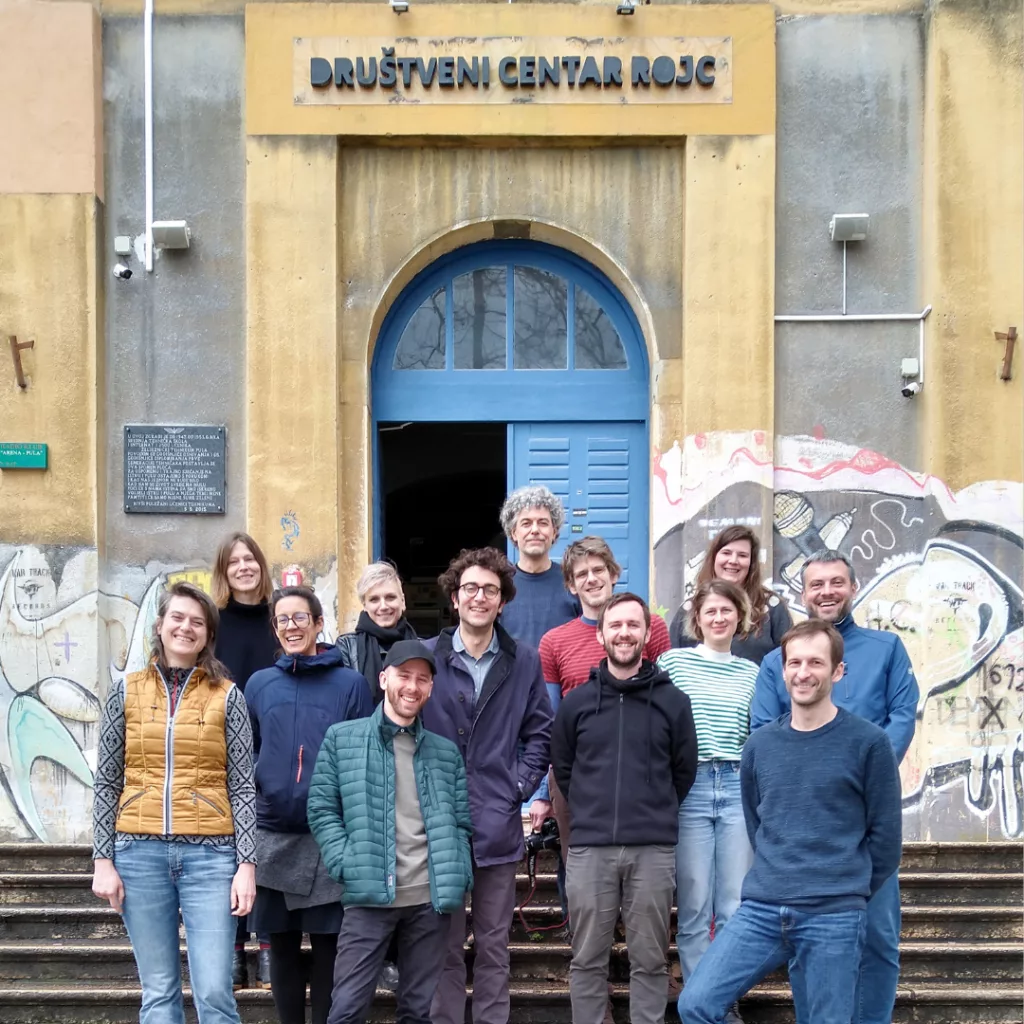Joy Kanyana Kacyira is a Senior Executive Associate at EarthEnable, a World Habitat Awards 2018 finalist.
According to Habitat for Humanity, there were 1.6 billion people living in substandard housing worldwide in 2018. One common component of poor housing is dirt flooring – dirt floors have been recognised as breeding grounds for parasites and disease-causing bacteria. Despite numerous studies showing that clean floors reduce diarrhoea by 49%, parasitic infections by 78% and improve cognitive development by 36%, many families can’t afford a hard floor alternative. Typically, concrete floors are the only other option for these rural families, but they are prohibitively expensive at $300+ USD for an average-sized 25 square metre home (and emit about 400 kg of CO2 into the environment).
At the same time, rural employment opportunities remain extremely rare in sub-Saharan Africa. In Rwanda and Uganda alone, agriculture accounts for approximately two in every three jobs (70%) but most of this is subsistence farming. By hiring sales reps and masons and equipping them with the skills they need to build healthy and affordable floors, EarthEnable provides a flooring solution to the two-thirds (70%) of Rwandans and Ugandans who live in houses with dirt floors while also providing jobs and economic mobility.
Unemployed and underemployed people from these communities receive training in both hard and soft skills including construction methods, alongside management skills. So far, EarthEnable has trained 400 sales reps and 800 masons. As a result of our freelance model, masons who’ve worked with EarthEnable have reported that their income has more than doubled, while many of our sales reps have risen through the company to occupy trainer and supervisor positions.
EarthEnable’s earthen floors are a plausible solution due to both their affordability and sustainability. Using locally sourced materials not only ensures the scalability of our model – since materials are readily available everywhere, but it also makes the floors affordable for the rural communities who we serve. As a result, our floors are not only cheaper than concrete; they also use 90% less embedded energy and are built using local materials such as sand, clay and laterite that are compacted to form a hard surface. The final step in the installation process is applying a varnish to the surface which makes the floors waterproof and therefore more durable. Varnishes commonly used in developing countries can be expensive and harmful to the environment – however, we produce a flaxseed oil-based varnish locally, that is just as effective at keeping the floors in good condition and is more affordable.
At EarthEnable, we believe deeply in the health impacts of our floor. Many WASH (Water, Sanitation and Hygiene) initiatives aimed at tackling diseases in homes don’t take into account the correlation between dirt floors and these diseases. A recent randomised-controlled-trial on water and sanitation in Kenya theorises that WASH interventions for children were ineffective as a result of faecal contamination in dirt floors. Recognising that dirt floors are a key part of the health puzzle, the Rwandan government is partnering with EarthEnable in its commitment to eliminating dirt floors and the health issues that arise from jiggers, parasites and dust found in them. The memorandum of understanding (MOU) signed between EarthEnable and the Ministry of Local Government enables the Ministry to mobilise funds to the district level from either partner organisations or from their ‘human security’ budget. The districts will negotiate individual contracts with EarthEnable, identifying the most vulnerable beneficiaries to receive our floors. We are also launching a major research initiative in Uganda this quarter and hope to uncover definitive data on the health implications of dirt floors on children.
We also take advantage of Umuganda Day (government mandated community service) in Rwanda by liaising with local community leaders to identify families who need floors and donate the materials. EarthEnable then collaborates with members of the community to build the floor for the family during Umuganda.
By 2030 we anticipate employing 7,500 masons and sales reps across rural Africa, to build healthy and affordable housing products for 2 million families. We believe that one company cannot solve the problem of sub-standard housing alone but jumpstarting an entire industry can. This means actively spurring replicators to scale our model of training village-level skilled workers to sell and build housing products, starting with floors. Building this industry will employ tens of thousands of newly-skilled workers and hopefully make dirt floors a thing of the past.




